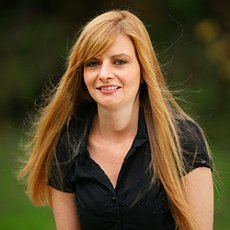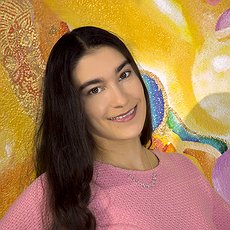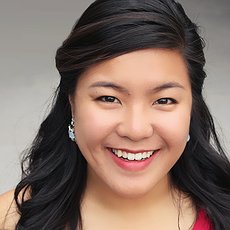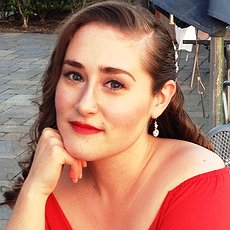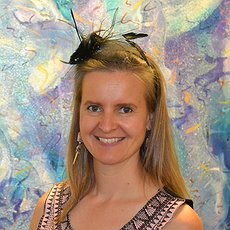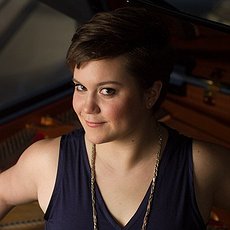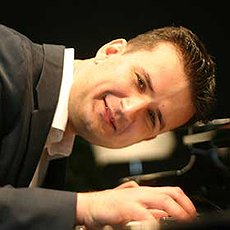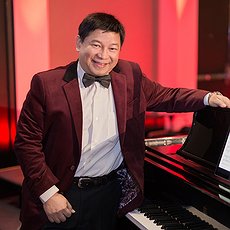Classical Piano Lessons
Learning to play classical piano technique and repertoire is a life long journey. It requires dedication, discipline and most of all inspiration. For these reasons it is absolutely imperative that students get highly qualified and experienced teachers. At Neighbour Note our classically trained piano teachers near me are masters of their craft.
Classical Piano Lessons in Toronto
Classical piano lessons are often the first introduction piano students have to learning to play the piano. For this reason it is absolutely imperative that classical piano lessons are not boring and stressful. Keeping things interesting can be challenging when teaching classical piano lessons. There is so much to learn. Students need to learn how to read music, develop hand and finger strength through technical exercises, and build up their piano repertoire by memorizing and mastering piano pieces. At Neighbour Note our classical piano lessons in Toronto are fun, rewarding, and challenging. We use a modern approach to teach our Toronto classical piano lessons and this includes the use of videos, digital applications and traditional books. The classical piano repertoire is absolutely amazing. Some of the most famous songs and compositions in the world come from the genre of classical piano music. The word classical piano applies to different time periods spanning multiple eras of music history all the way from the Renaissance era to the 20th Century and including the Baroque, Classical, and Romantic eras respectively. Byrd, Monteverdi, J.S. Bach, Scarlatti, Handel, Mozart, Haydn, Beethoven, Schubert, Brahms, Schumann, Wagner, Chopin, Liszt, Stravinsky, Ravel, Debussy, and Joplin are just some of the classical piano masters that may inspire you!
Classical Piano Lessons for Kids
Our beginner classical piano lessons are typically taught with a modern approach. We use engaging free digital applications such flowkey, piano academy, simply piano, yousician, perfect ear, skoove, and perfect piano. These modern applications help make learning fun. We use these applications in conjunction with traditional books. Children need stimulation. If we only used traditional books then our classical piano lessons would be boring. Modern digital music applications make learning interactive and enjoyable. We also use instructional videos in our Toronto classical piano lessons. Many of our piano teachers create personal practice videos at the end of each lesson so the student knows exactly what to practice and how to play it. Piano students can save these videos into a practice log that will help keep them organized. For online piano lessons we like to use programs such as Sonatico instead of applications such as Skype or Zoom. The sound quality is not the greatest on Skype or Zoom and Zoom has a tendency to mute the background noise which in turn mutes the sound of the piano! Muting the background noise is a real frustration for piano teachers. There is an audio setting that corrects this issue but it does not always work. Unlike Skype and Zoom, Sonatico is an application dedicated for teaching music lessons. The sound quality in Sonatico is much better than Skype or Zoom. There is no muting of the background noise and there are musical tools within Sonatico that allow teachers to send instant messages for dynamic markings, staccato, legato... Not only do we teach classical piano lessons for kids we also teach classical piano lessons for adults.
Private Classical Piano Lessons
Private classical piano lessons are the way to go. Classical piano is extremely challenging and therefore requires one-on-one instruction. Trying to learn classical piano in a group setting is a mistake. There are simply too many distractions in a group setting. People have different ways of learning. Some people excel with rote instruction while others need to see the sheet music in front of them while playing and therefore learn better with a book. Not only do people learn differently, they also progress differently. Some piano students progress at a faster rate while others can progress at a much slower rate. Piano students who progress quickly may feel like they are being held back by some of the slower learners in the group. The slower learners may become easily frustrated and may feel like they cannot keep up with the other students. For these reasons it's best to stick with private one-on-one classical piano lessons. To find classical piano lessons near me please check our classical piano lessons page.
Classical Piano Teachers
Frequently Asked Questions
Q: What training program will we use?
A: At Neighbour Note, we use multiple different piano methods for our classical piano lessons in Toronto. The two main classical piano methods we use for classical piano lessons are: RCM (Royal Conservatory of Music), and the Classical Piano Method by Heumann. Some of our teachers have published their very own piano teaching methods!
Q: At what age can you start learning to play the piano?
A: You can start learning to play the piano as young as three years of age. That being said, it's never too late to start learning to play piano! Our beginner classical piano lessons are fun and engaging. Not only do we teach classical piano lessons for kids but we also teach classical piano lessons for adults.
Q: What is the difference between piano lessons in our academy?
A: The difference between our piano lessons (classical) in our music academy is the education and experience of our piano teachers. Many of our piano teachers offering Toronto classical piano lessons have doctorate degrees in music (PhD, DMA). Some of our piano teachers have even published their very own teaching methods!
Q: Is it difficult to play classical piano?
A: The short answer is yes. Learning to play classical piano is quite challenging. It takes years of hard work and dedication to the craft. For these reasons we do our best to make sure our private classical piano lessons are fun, rewarding and engaging. To find classical piano lessons near me check our piano lessons page.









































































